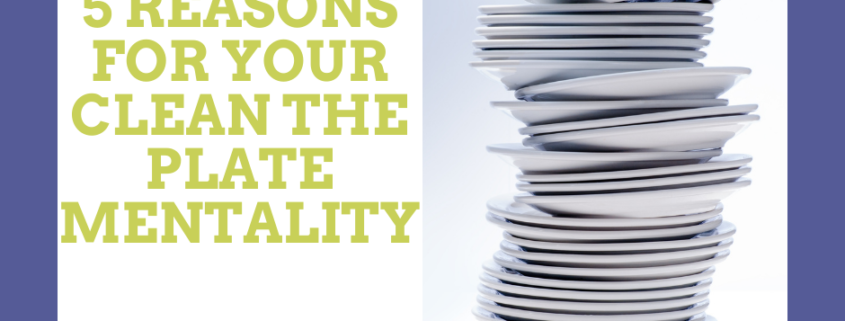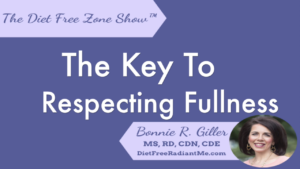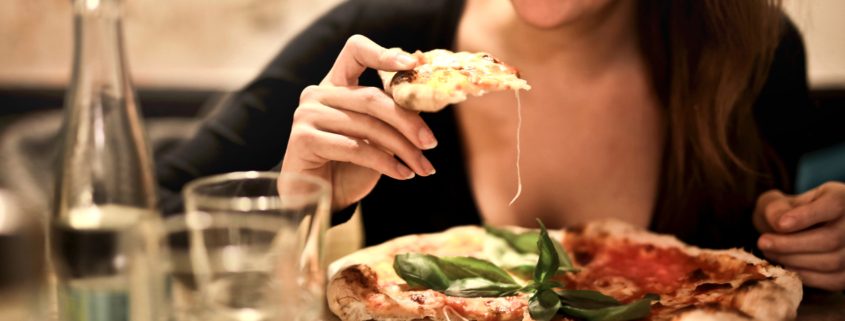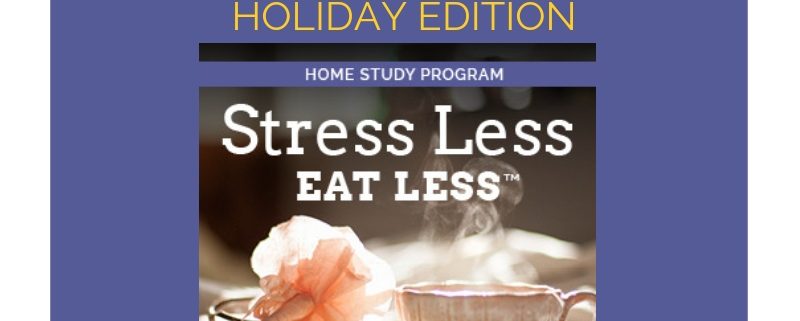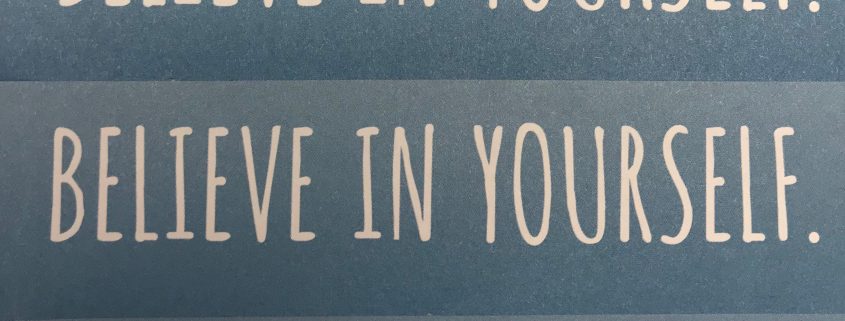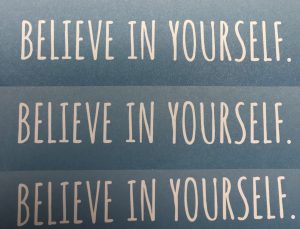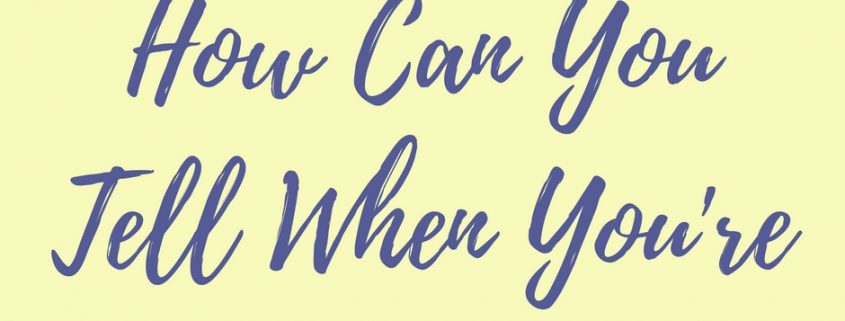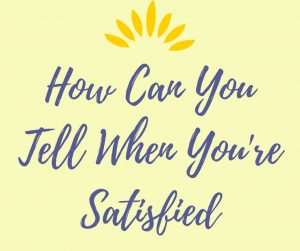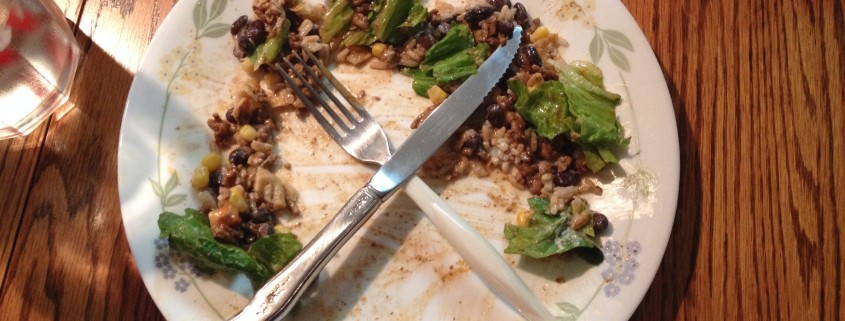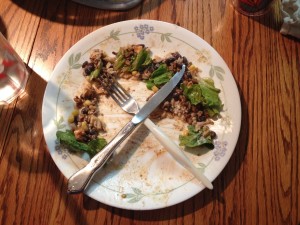5 Reasons for Your Clean the Plate Mentality
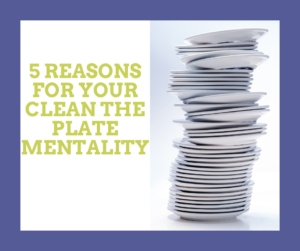 “What signals the end of your meal?”
“What signals the end of your meal?”
This is a question that I ask my clients. And most of the time the answer is “when my plate is empty”.
This response is not uncommon if you’ve been a lifelong dieter. In today’s blog, I will highlight some of the reasons why you might be a member of the “Clean the Plate Club”.
5 Reasons You Might Be a Member of the Clean the Plate Club
- Lessons from Childhood: You might have been taught by well-meaning parents to clean your plate. Maybe you were rewarded for doing so, punished for not doing so, or were made to feel guilty if you didn’t eat everything on your plate (“the children in China are starving”). Let me emphasize the words “well-meaning parents”. I’m not putting blame on your parents, no no no. I’m just saying that in some households, this is a strict rule and you’ve learned to obey this rule for fear of punishment.
- Sense of Entitlement: You are on a diet, counting and measuring every ounce of food you are “allowed” to eat at a meal. There is no way you aren’t going to eat every last bite; you have “earned” it, you are “entitled” to it, and gosh darn, you are going to eat it. This is the mindset of a person who follows the rules of diets which tell them what to eat, when to eat and how much to eat. It’s not your fault. It’s just a nasty side effect of dieting.
- Waste-Not Mindset: You value and respect the dollar, and food, which is great. But to what extent? If you eat all that’s on your plate beyond your level of comfortable fullness, because you don’t want to waste money or food, give thought to the fact that while you might be respecting the dollar, you are not respecting your body. I’m not saying to throw the food away. You can put it away in the fridge to finish at a later time. And yes, even if it’s a small amount.
- Ingrained Habit of Finishing All Food: We all develop habits over time. And perhaps your habit is to finish the entire “portion” of food, be that a sandwich or a snack bag of peanuts, regardless if you are hungry any longer. The great thing about habits are that we were not born with them, they are learned behaviors. Which means, they can be unlearned when they don’t serve us well.
- Food Insecurity: If food was not readily available when you grew up, it might be harder for you to respect your fullness and stop eating when you are comfortable. This can take time to work through. Be gentle and compassionate with yourself.
Respecting your fullness takes time. Knowing that you can eat the food you are eating at any time is also very helpful to being able to end your meal when you are comfortably full (as is starting the meal at a comfortable level of hunger, and not ravenous).
Here is a video on this topic to help you even more!
After viewing, if you have any questions or need help on your Intuitive Eating Journey, please head to www.TalkWithBonnie.com to set up a complementary call with me.

